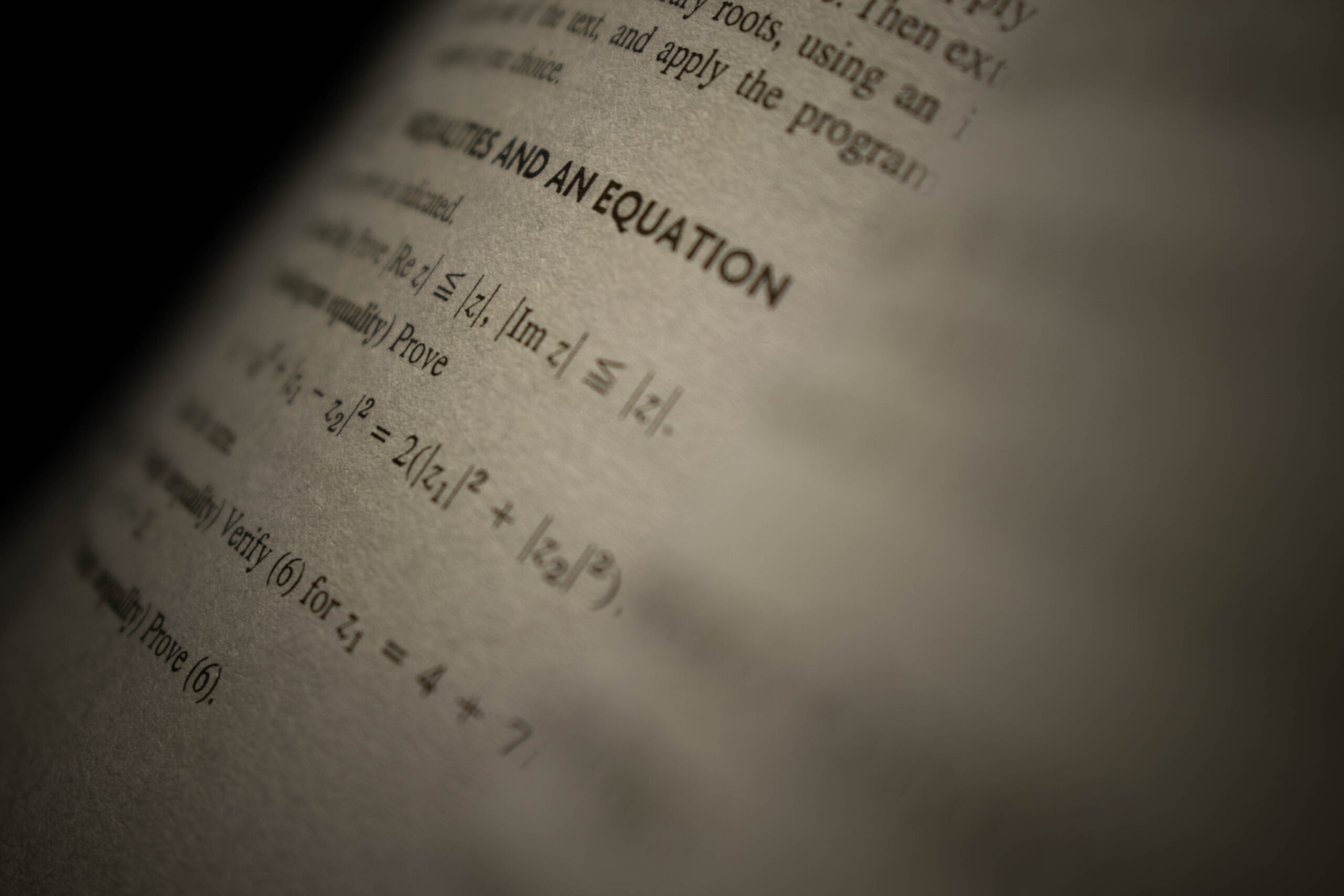A previous blog presented the advantages of introducing math concepts to preschool children not only for promoting math ability but also for reading as well. While domain specific skills such as counting, number fact knowledge, and calculation skills are essential for basic math ability, other skills such as language are equally important. Early math learning begins with counting and the concepts of less and more, full and empty and general ideas of mass. “None of these math skills require numerals . . The beginning of math learning is based on creating a connection between language and physical objects.”
Language facilitates working memory and reasoning during mathematics performance. As students progress to basic mathematical operations of addition and subtraction, they must learn to translate the symbols + – into words. When working on word problems, students then perform the reverse translation from language to symbols: What operation must they perform when the problems employ words like increase, double, less than?
The farther a student progresses in math, the more symbols he encounters. An article from Virginia Commonwealth University recommends that students engage with a math problem as they would with a novel. Solving problems requires being an active reader. The authors suggest that “The reader must participate. At every stage, he/she must decide whether or not the idea being presented is clear.” The authors suggest reading the problem slowly and then considering a variety of questions when trying to solve an equation:
- Why is this idea true?
- Do I really get the idea?
- If I can’t understand perhaps I can understand a similar but simpler idea?
- Which simpler idea?
- Is it really necessary to understand this idea?
- Can I accept this point without understanding the details of why it is true?
- Will my understanding of the whole story suffer from not understanding why the point is true?
Good language skills enhance math ability.


